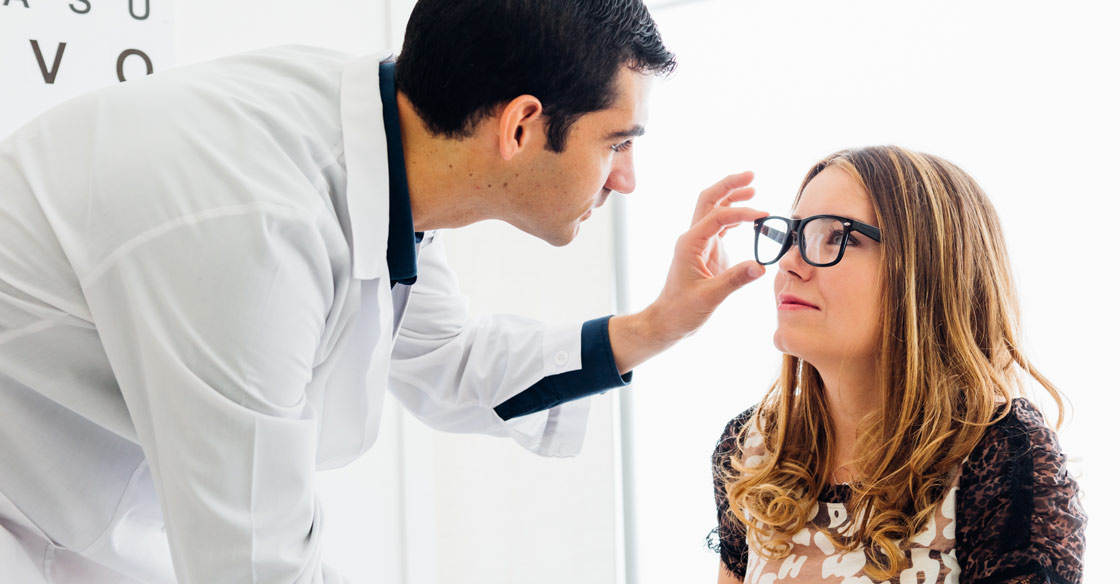2 Important Things to Look for in a Keratoconus Specialist

A keratoconus specialist can easily diagnose keratoconus, a corneal disorder of the eye in which the shape of the central area and the adjoining area undergoes changes such as thinning and steepening. Typically characterized by blurred or distorted vision, sensitivity to lights and glare, sudden clouding or worsening of vision, and a need for frequent change in eye prescription, keratoconus is a dreary condition.
A routine eye exam diagnoses Keratoconus. However, keratoconus is also a progressive degenerative disease that requires different kinds of treatment depending on the severity of your condition, the rate at which the disease is progressing, and your age. Many times, the disease stabilizes on its own, and patients no longer experience severe vision problems. Other times it is the root of the cause of vision problems. However, it is advisable that a person diagnosed with the disease books an appointment with a keratoconus specialist and adequately understands his condition. Continuous lifelong regular check-ups and monitoring of the status of the condition.
Two Things to Look for in your Specialist
1) Experience
Needless to say, when it comes to eye diseases, especially keratoconus, the experience of the doctor plays an essential factor in your treatment. Because keratoconus is relatively rare, it is crucial that you visit a keratoconus specialist. They have more experience in diagnosing and treating the condition than a regular eye doctor.
During the initial stages of the disease, where the condition is mild to moderate, a doctor prescribes prescription glasses or contact lenses.
Individual lenses are required to be fitted by an eye doctor who is an expert in treating keratoconus. The type of the lens necessary depends upon the condition of your eye and the stage of the disease. An eye lens that does not fit correctly can damage the eyes. Selecting a knowledgeable and qualified keratoconus specialist for your treatment ensures that you are in safe hands and that you are receiving the best possible treatment for your condition.
2) Technological infrastructure
Fitting contact lenses for keratoconus is a complex, challenging, and time- consuming procedure that requires multiple trials and advanced and sophisticated technology, such as corneal topography. Irrespective of the kind of lenses you have been prescribed with, the best ones for you are those that fit you perfectly with no issues. Our team of optometrists at Eyelux Optometry are well qualified and experts in the field. Our keratoconus clinic is well equipped with helping you with your vision. After carefully weighing your needs, the most suitable lenses for your eyes will be prescribed to give you the perfect combination of precision, vision, and comfort.
If the disease progresses to a stage where glasses and lenses are not enough to correct vision, then surgery might be necessary. A specialist will properly guide you on the most suitable surgical option for you. Some surgical options available are:
Corneal implants
Corneal implants are clear plastic inserts fitted on your cornea that help to flatten the shape of the eye. This helps to slow down the progression of keratoconus and prevent the need for a corneal transplant.
Partial and Complete Corneal Transplant
A corneal transplant is the last treatment option chosen for keratoconus. It can be a partial or complete process. In a partial thickness transplant, only a part of the cornea is replaced whereas in a full corneal transplant a substantial portion of the cornea is replaced.
Step one towards treating your keratoconus, however, is choosing the right keratoconus specialist. Contact us to learn more about your treatment options.
